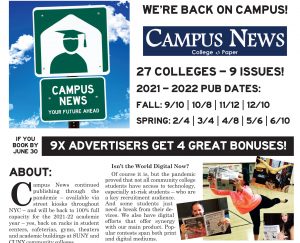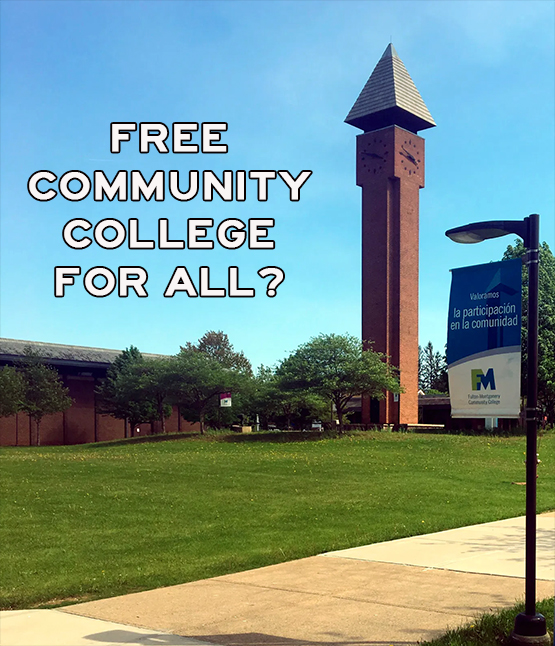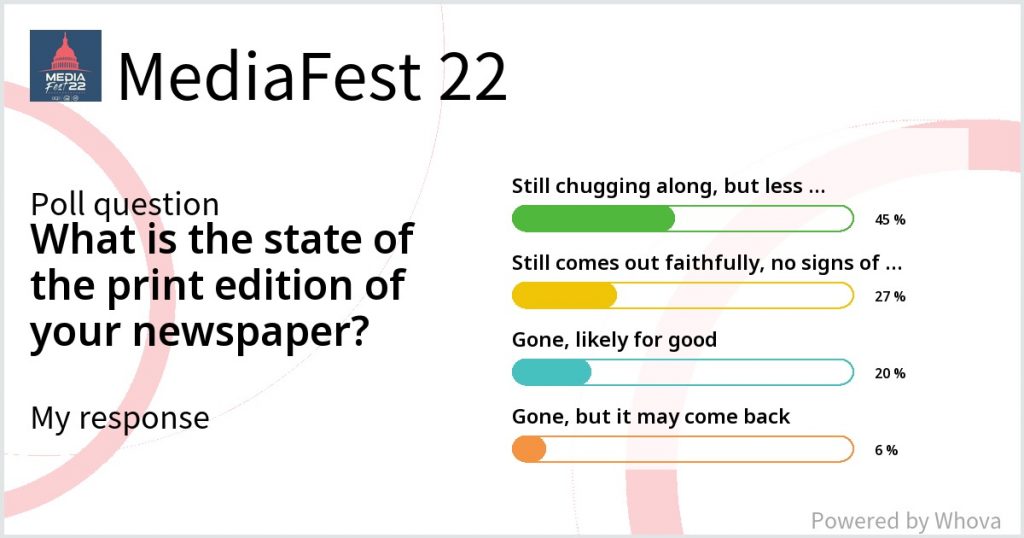By Brent Messenger
Special to Campus News
"Do we want to give the wealthiest people in America another tax cut, " asked Joe Biden, "or do you want to give every high school graduate the ability to earn a community college degree?"
The president's question was not rhetorical. He was speaking at an event to promote his American Families Plan, which includes spending that would enable Americans to attend free two-year community college. Sen. Bernie Sanders and Rep. Pramila Jayapal have introduced a similar bill in Congress. The proposals aren't short of support: 83% of Democrats back free public college and university, as do 39% of Republicans.

The announcement elated President Biden's own party, even as it raised Republican objections. The reaction of both sides was predictable. Free community college is a pillar of the progressive agenda. By contrast, Republicans in Congress won't support the measures because of their significant cost.
This divide is unfortunate. Free community college should be viewed not as a partisan issue, but as an investment that will yield future returns in the form of economic growth. The bottom line: free community college will pay for itself in the long run.
The best jobs require more than a high school diploma. A high school graduate makes $39,000 a year on average, a figure that jumps to $46,000 with an associate degree. That's almost $300,000 more in earnings over a 40-year career. But nearly 30 percent of Americans over age 25 lack higher education.
Republicans are right that a federal program won't be cheap. President Biden's plan calls for $109 billion to pay for free, two-year degrees. But that's peanuts compared to what America will lose in economic output should our skill levels stagnate. A lack of workers with associate or bachelor degrees will cost America $1.2 trillion in economic output over the next decade.
The lost output occurs when employers can't fill jobs that need the specialized training higher education provides. Even with record unemployment last year, employers have 8.1 million jobs left unfilled.
Employers struggle to find workers with the right mix of technical and soft skills. Some reports show that 83% of bosses can't find the right candidates. Three-quarters believe that applicants don't have skills they'll need on the job.
Free community college can help close the skills gap by preparing students for the jobs of the future. In 2019, community colleges granted a million associate degrees and certificates. Nearly 60% of associate degrees and 94% of certificates were for health care, IT, business, computer science, and construction trades.
Those skills can help workers succeed outside of the traditional office. Freelance job openings have skyrocketed amid the pandemic, and nearly 70% of remote workers say they're open to such an opportunity. Some of the fastest-growing positions involve accounting, data analytics, and health care.
It's understandable that fiscal conservatives object to proposals for free four-year degrees. A degree in Film Studies or liberal arts majors may not give workers tangible skills they'll need on the job. But investment in community colleges is different. It's a cost-effective use of federal dollars, a "bridge-loan" that recipients who otherwise wouldn't go on to higher education will pay back many times over in higher income taxes and increased productivity.
Nearly a dozen states already recognize the benefits of free two-year college. It's time the federal government jumped on board.
 Brent Messenger is vice president of public policy & community engagement at Fiverr. This piece originally ran in The Hill.
Brent Messenger is vice president of public policy & community engagement at Fiverr. This piece originally ran in The Hill.








Facebook Comments